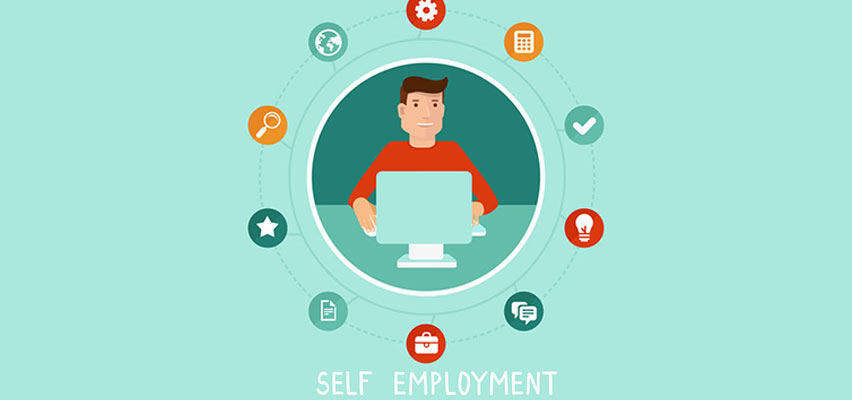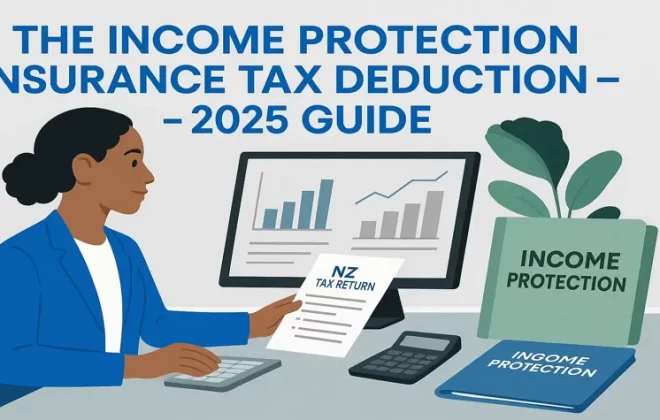What You Should Know About Income Protection Insurance if You Are Self-Employed
Income Protection for Self-Employed
When it comes to running your own business there is usually no such thing as sick leave. If you have to take a day off due to illness, it is usually yourself that absorbs the cost. In saying that, the odd sick day here and there is probably not going to ruin you financially. However, what happens when you are self-employed and you have to take an extended period off work due to a serious illness or accident? What happens to your biggest asset, your income-earning ability?
In the event of a serious accident, the self-employed have access to ACC which provides business owners with a safety net of up to 80% of their pre-disability income. Note that this 80% is based on your declared income, so if you minimise income for tax purposes e.g. split your income with your spouse, this may leave you severely out of pocket when it comes time to lodge an ACC claim and what happens if you are unable to continue working due to an illness?
As ACC only covers accidents, self-employed works need to ensure they have other means to replace their income should they be unable to work due to an illness. This is where private income protection comes in. By taking out an income protection insurance policy you can select a level of replacement income to receive if you suffer a serious accident or fall ill for an extended period of time, thereby safeguarding not only your future, but the future of all those who reply on you financially.
To those who are self-employed, it may appear that you are effectively paying twice for income protection; once through your private income protection insurance premiums and again through your ACC levies. The answer is, yes and no.
Private Income Protection
With private income protection, some benefits are offset by what you receive from ACC. For example, if you are self-employed with an annual income of $100,000 and you go on claim due to an accident, ACC will pay you $80,000 (80% of your pre-disability income) and your insurer will most likely not make any payments due to the offset, unless you have taken cover under a benefit which is not offset by ACC payments – which is why it is important to go over your income protection options with an experienced advisor who specialises in designing income protection plans for the self-employed.
If you are self-employed you are lucky enough to be in the position to choose what type of ACC cover applies to you, either ACC CoverPlus or ACC CoverPlus Extra. Under CoverPlus Extra, you have the option to select how much of your income you would like ACC to cover in the event of an accident. This gives you the opportunity to reduce your ACC levies and use the savings towards your private income protection premiums.
No matter who you speak to regarding your income protection and ACC cover, one important point to realise is that you are more likely to be unable to continue working due to an illness rather than an accident, so making sure you have the right cover in place to protect your biggest asset is worthwhile.
Important: All information on this site is of a general nature only. When you compare or complete the assessment online, we will connect you with an advisor who can give you advice at no charge. All advisers who are authorised to use this site, for their marketing purposes, are authorised financial advisers. A full list of advisers and what they can advise on is listed here under our terms & conditions of this site usage.
Latest Post
- Income Protection Insurance vs Life Insurance Policy in New Zealand
- Why Are Income Protection Claims Denied? Common Pitfalls Explained
- How to Choose the Best Income Protection Policy in New Zealand
- Income Protection vs Critical Illness Cover: Best Choice for Kiwis
- Income Protection Myths Debunked: What Every Kiwi Needs to Know




